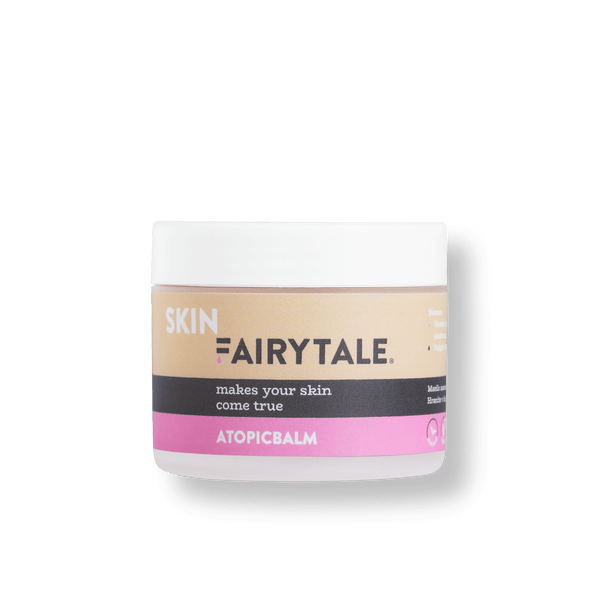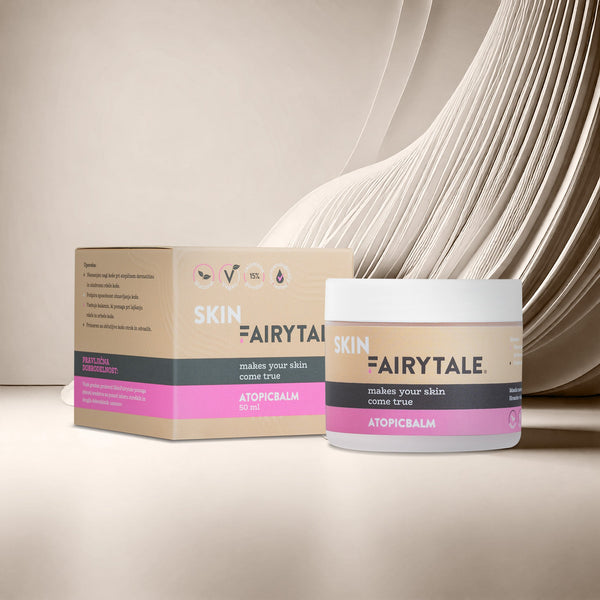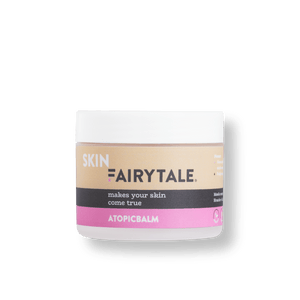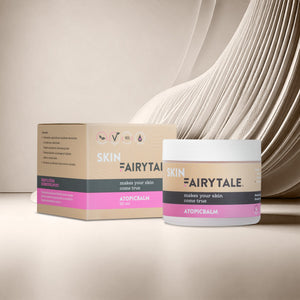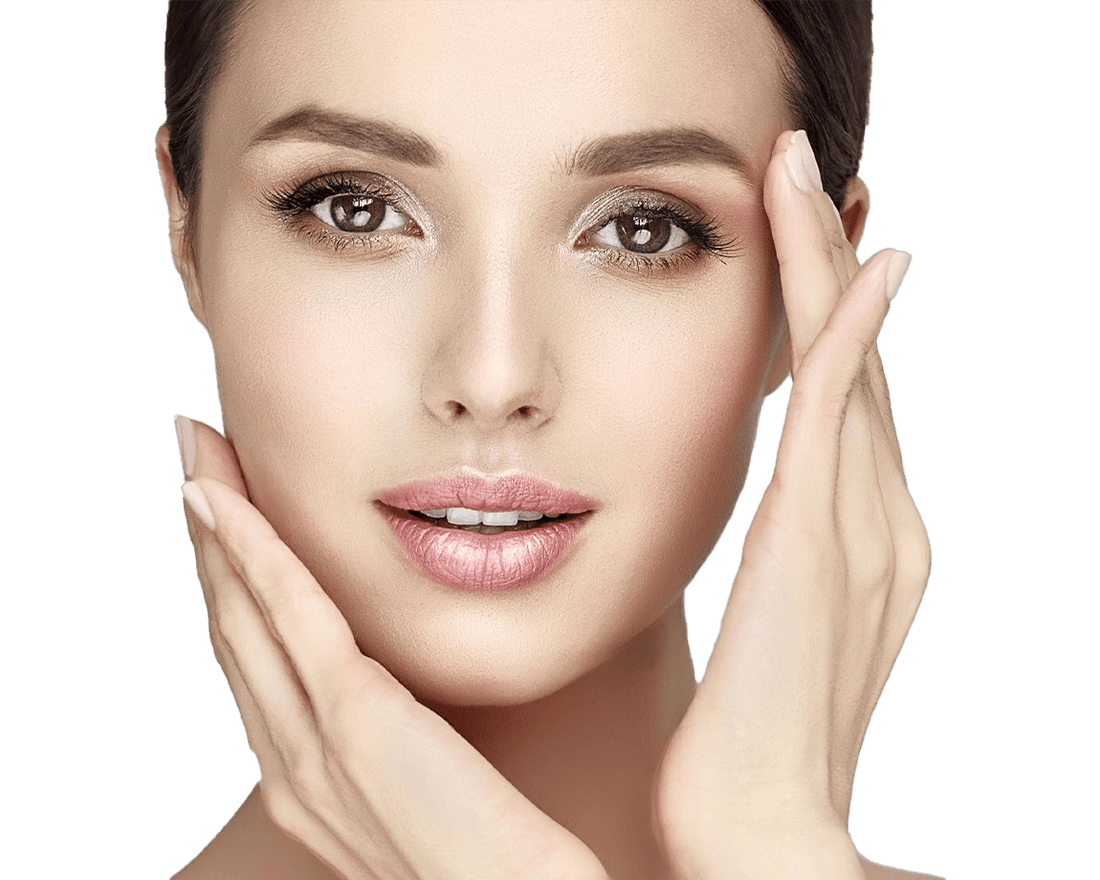
What's the worst part of puberty? Wait, don't answer that. Let's just focus on acne. While acne is very common in adolescence (and increasingly in adults), there's still a lot we don't know about it and what causes it. Modern research has uncovered three interesting theories about why people get acne.

The first theory, biologists Stephen Kellett and Paul Gilbert believe, is tied to human evolution. At one point, our ancestors were covered in fur. Our bodies produced an oil called sebum, which helped keep our fur smooth and shiny. Then, as humans evolved, we lost a lot of our body hair, but we kept our sebaceous glands. So, we still produce all that oil, but without the fur, which clogs our pores.
Another theory, related to evolution, comes from a 2004 study that claims that acne is most common during adolescence. Human bodies are entering physical, sexual, and emotional maturity during our teenage years. Breakouts are connected to the brain, having evolved as a way to prevent potential mates from being selected during this time of development.
There is also a growing body of research suggesting that acne is linked to diet and lifestyle. We eat differently today than our early ancestors did. Specifically, our increased consumption of dairy and processed wheat has been linked to increased acne. Along with our diet, the ways and frequency of skin washing have changed drastically. By washing our faces so frequently, we can cause our bodies to produce excessive amounts of oil, which clogs our pores and then leads to breakouts.
A pimple develops when the sebaceous or oil glands become clogged and infected, causing swollen, red lesions filled with pus.
During puberty, hormone production changes. This can cause the sebaceous glands, which are located at the base of the hair follicles, to become overactive. As a result, acne is also more likely to appear during the teenage years and around menstruation in women.
Pimples most often appear on the face, back, chest, and shoulders, because these areas have a lot of sebaceous glands.

Good and bad bacteria
Gentle washing can help prevent infection, but excessive and rough cleaning can make pimples worse.
Just like in the gut, we also have “good” bacteria on our skin that protect against disease and “bad” bacteria that cause infections.
YEAST INFECTION
Some types of acne are associated with yeast infections. Pityrosporum, also known as malassezia or folliculitis (lipophilic yeast), occurs when a yeast-like fungus enters hair follicles and multiplies, triggering an outbreak of tiny, itchy, rounded pimples that resemble acne. They appear primarily on the upper chest, shoulders, and upper back, but can also appear on the face. Most people have this yeast on their skin, but if it grows too much, it can cause problems. It can affect both men and women in their early and middle ages. Humid, sweaty environments, synthetic clothing, and the use of oily, heavy cosmetics can all make it worse. The condition is common in adolescents, likely due to increased sebaceous gland activity. Antibiotics, which are commonly used for acne, can make the condition worse by preventing the bacteria that would otherwise control this “yeast.” In the case of a malassezia yeast infection, antifungal treatment is necessary.
The impact of diet on acne is unclear, but since a healthy, balanced diet is known to promote good health, certain dietary factors may influence the likelihood of getting acne or pimples.
Don't eliminate all fat from your diet. Healthy fats from nuts, seeds, and olive oil can help control inflammation.
Vitamins A, D, and E are known to play a role in maintaining healthy skin, so it's possible that adequate supply of these vitamins may help prevent acne.
Milk consumption has also been linked to acne. If milk plays a role, it could be due to hormones in milk. However, the findings have not been conclusive.
It has also been often said that sugar, chocolate and spicy foods trigger acne, but research has not supported this. However, I have seen quite a few cases where people have given up these foods because they themselves have seen positive results by removing these products from their diet. Of course, listen to your body and observe when they appear at their worst, of course stress cannot be ruled out here.
SOME NATURAL CARE TIPS
You know, there are a lot of products on the market for oily acne-prone skin. I myself am a fan of natural products and I start all treatments naturally. I also have very good results with my balms. Of course, I will need or have another one in this direction.
For treatment of skin with fungal infection I recommend ZincBalm and SOSBalm. Apply zinc balm to your skin (not your face) once a day to dry out the pimples, and then SoSbalm, which has an antibacterial and antifungal effect on the skin due to the added essential oils of tea tree, lemongrass, geranium, boswellia, and lavender.
For For treating pimples/acne/oily skin , I recommend the following daily routine:
- In the morning, cleanse your face with your chosen hydrosol (geranium/tea tree/boswellia/sage/eucalyptus)
- Apply a thin layer of AtopicCream or one of your chosen moisturizers that you have already tested and know to be suitable for you.
- In the evening, apply a thin layer of ZincBalm, which will dry out the pimples and regenerate the epidermis. Use it until the pimples are dry.
If you feel that applying zinc cream all over your face is not suitable for you because your skin is not oily, use it only in spots. I also recommend using tea tree and geranium essential oil. You can apply tea tree directly to the pimple, it will have an antibacterial effect. You can also add it alone or together with geranium to a moisturizer and mix them well. You can add 5 drops of tea tree and 2 drops of geranium to 50g of cream.
Don't forget to apply a face mask, the following ingredients are great: green tea, zeolite (which I also recommend taking orally), green clay, calamine. It's also a good idea to prepare a facial steam bath, as this will open the pores, which are the main problem and cause of pimples and oily skin.
I am at your disposal for more information and advice, I will help you if it is within my power and experience.
Catherine



